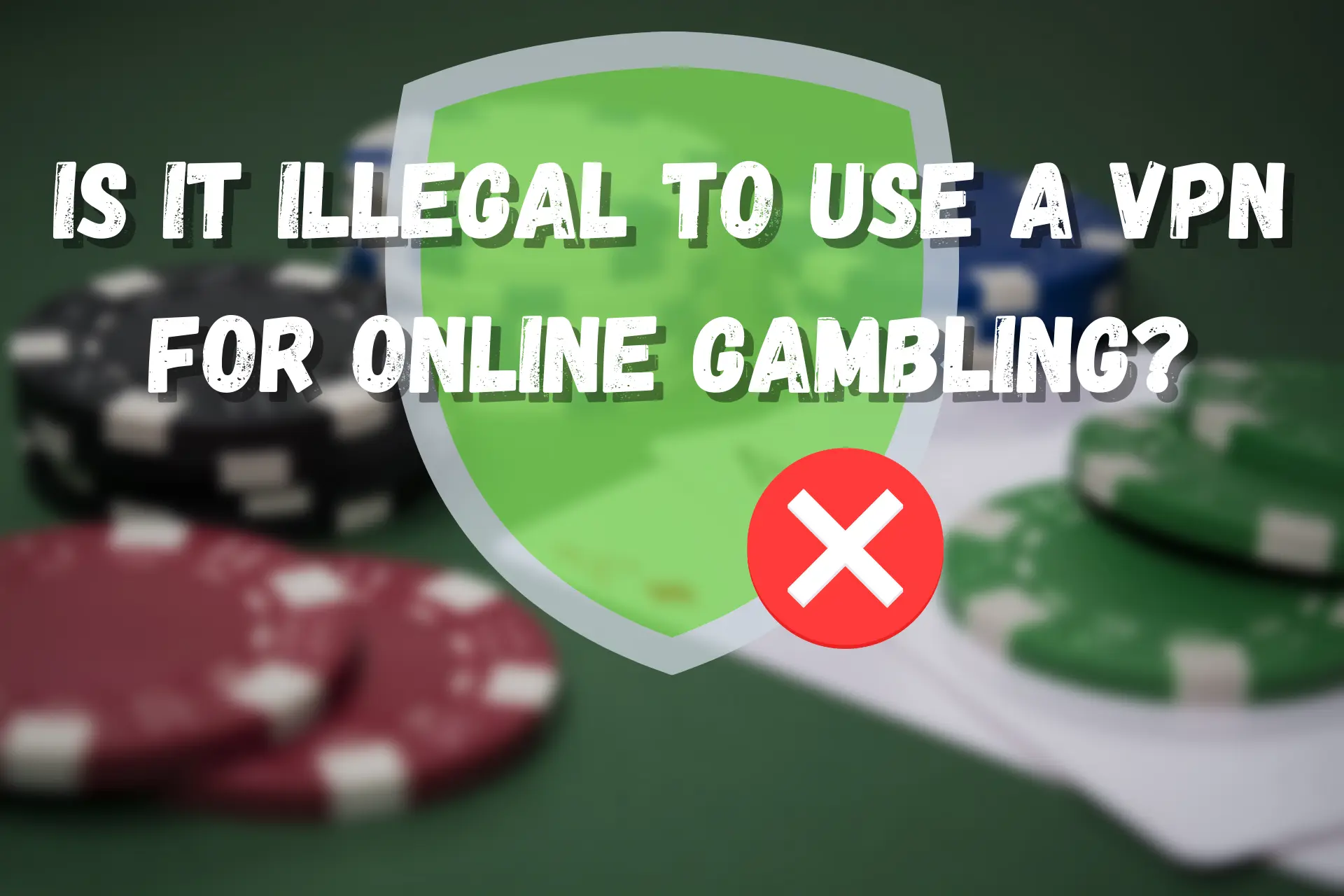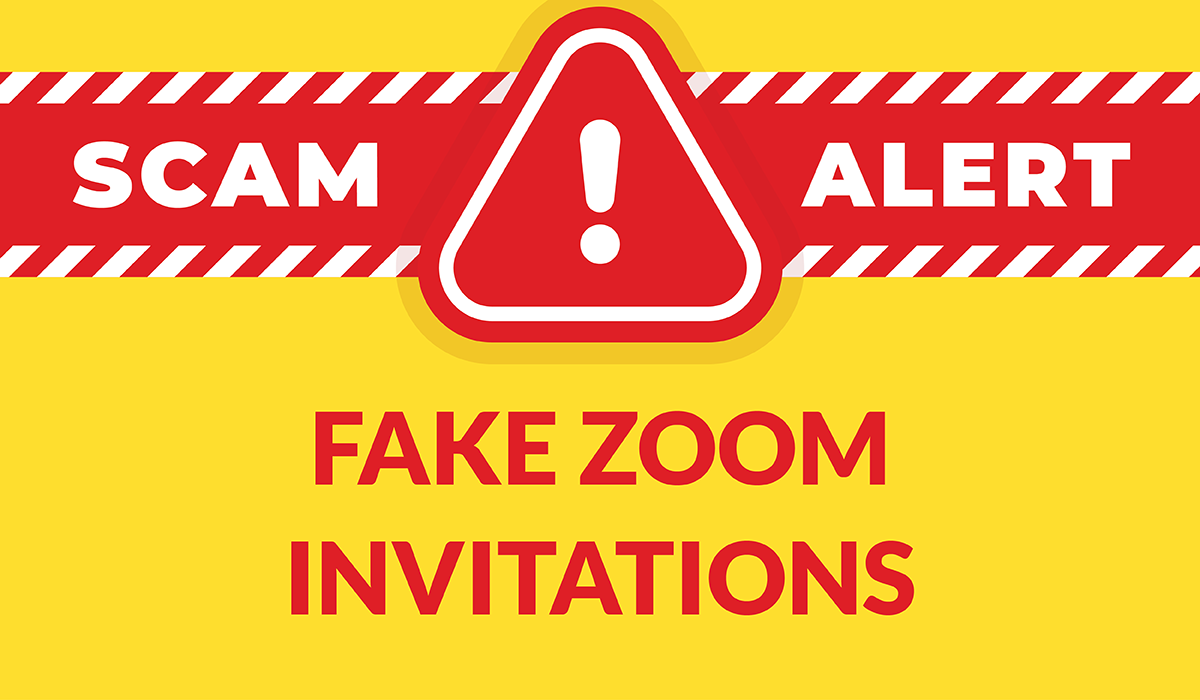Is It Illegal to Use a VPN to Gamble Online? [Must-Read!]

For several reasons, many online gamblers use VPNs to access their favorite online casinos.
This includes accessing restricted platforms, protecting personal and financial data from cyber threats, bypassing geographic or governmental bans, and preserving their anonymity.
However, is it illegal to use a VPN to gamble online? The answer is not as straightforward as you might think.
Let’s dive into it, see where it’s legal, the potential consequences, and whether it’s a good idea.
Is it illegal to use a VPN to gamble online?
The use of VPNs for online gambling is a controversial issue that raises legal and ethical questions.
But the short answer is that it depends on where you live.
There are countries where both online gambling and VPNs are illegal.
For example, in the United Arab Emirates, online gambling is prohibited. VPNs are legal to some degree, but using them for gambling can lead to fines and even imprisonment.
Similarly, the government has implemented strict restrictions on online gambling in China, and using a VPN to access online casinos is a punishable offense.
Whereas, in some countries like Belarus and Uganda, where online gambling is legal, VPN use may be prohibited.
Many online casinos prohibit VPNs
Even in countries where online gambling is legal, and VPNs are allowed, many online casinos have strict policies against their use.
Consequently, if they detect VPN use, you’ll get kicked off the platform, or even lose all your money. A concrete example is Gamdom’s region lock, which shows “not available in your jurisdiction” when accessed from unsupported countries.

They don’t want to take the chance of VPN gamblers secretly violating their terms and conditions.
Additionally, many online casinos in the UK allow the use of VPNs, but they have specific requirements for their use.
For example, some require that the VPN server is located in the same country as the user. So you’ll only be using it to encrypt your data, not to change your location.
Another example: Australians interested in using Stake.com often wonder under what conditions they *can play Stake in Australia*, our guide on play Stake in Australia walks through the rules and best practices.
Furthermore, using a VPN to gamble online can result in legal consequences, depending on the laws in your country.
Countries where online gambling is illegal
In some countries, online gambling is considered a criminal offense, and using a VPN to access gambling sites is considered fraud.
Some of the countries with the strictest regulations include:
| United Arab Emirates | Brunei | North Korea |
| Lebanon | Qatar | Singapore |
| Poland | Cambodia (limited to Cambodian citizens) | United States (in some states) |
| Russia | Thailand | China |
Therefore, before you go ahead and do any gambling, it’s essential to be aware of the laws and regulations in your country and the potential consequences of using a VPN to get past them.
Should you use a VPN to gamble and bet online?
There are many reasons why you should, but make sure you don’t break the law. Accessing a gambling site through a VPN isn’t necessarily breaking the law.
Also, VPNs have general uses too, and using them for legitimate purposes is allowed.
For example, you may want to join gambling sites that are legally available to you but with added data protection from a VPN.
In such cases, you’re within your rights to use VPN.
On top of that, VPNs help you bypass any geo-restrictions and access gambling sites that may be restricted in your country. For instance, players often face issues when Betway doesn’t work in Canada
Here’s how it works. Take PokerStars for instance. They don’t allow Americans outside New Jersey to play. If you’re in any other US location, you’ll get an error.
But with a VPN that is connected to an NJ server, you’re in.

Furthermore, many gambling sites require financial information that could be vulnerable to hackers.
But using a VPN helps protect your data and other sensitive information from prying eyes.
Where is online gambling legal in the US?
According to Leslie Bryant, who heads the Cyber Crime Fraud unit at FBI Headquarters, gambling online in the United States is illegal.
Additionally, you cannot place cyber bets on sporting events or virtual card games, transfer money electronically for gambling, or make wagers in offshore internet casinos.
However, legalized online gambling is increasingly becoming viable in the United States, as many previously restricted casinos become legal.
For a few years now, numerous states in the US have permitted online horse racing bets.
At the same time, individual states are expanding to allow other forms of online gambling, like lotteries, casino games, daily fantasy sports, and poker.
But online gambling in the US is regulated by each state individually, at the state level, and some states allow it, while others ban it.
Online gambling legality by state
Here is a list of states where online gambling is legal:
- Delaware: one of the first states to legalize all online gambling, doing so in 2012. While it is a small state, it has a strong online gambling industry, with multiple online casinos and poker sites available to players.
- New Jersey: New Jersey has one of the largest online gambling markets in the US, legalized in 2013. Since then, it has become a hub for online casinos and sports betting sites, with a wide range of options available for players.
- Pennsylvania: Online gambling was legalized in Pennsylvania in 2017. People in the state have access to a variety of online casinos and sportsbooks, with more expected to launch in the near future.
- Michigan: legalized online gambling in 2019, and residents have access to most types of online gambling.
- West Virginia: West Virginia legalized online gambling in 2019 and has become host to a number of online gambling sites since then.
- Connecticut: gaming and sports wagering were legalized in Connecticut in 2021, making it one of the newest states to allow a form of online gambling.
Several other states have legalized online sports betting, but not online casino games or poker.
These states include:
| Iowa | Oregon | Nevada |
| Rhode Island | Colorado | Virginia |
| Indiana | Illinois | Tennessee |
| Montana | New Hampshire | Washington DC |
In these places, using a VPN to bet on sports is legal, but everything else may be punishable by law.
Note that online gambling laws are subject to change, so it’s recommended to check the current laws in your state before engaging in online gambling.
Read more:
Conclusion
In summary, using a VPN to gamble online can be risky, and you must be aware of the laws and regulations in your country or state regarding online gambling and VPNs.
While using a VPN can help protect your identity and bypass geo-restrictions, it can also result in your account being suspended and forfeit any winnings you may have.
Therefore, remember to check the online casino’s policies before using a VPN to access their site.
FAQ
Yes, it is possible to gamble through a VPN. They can even change your location, making it seem you’re in a region where the gambling site you’re on is available.
Yes, you can. Using a VPN can help bypass regional blocks and ensure your data remains safe.
Yes. VPNs are legal in California, but gambling is not, and so is using a VPN to get past the restriction.
Yes. Most online casinos track user IPs to verify your location and ensure you’re not accessing from an unpermitted area.
If you use a good enough VPN, you can access pretty much any online casino. However, known online casinos that don’t restrict VPN usage include Fortune Jack, Stake.com, CasinoGap, BetOnline, and BetNow.
Read our disclosure page to find out how can you help VPNCentral sustain the editorial team Read more






User forum
1 messages